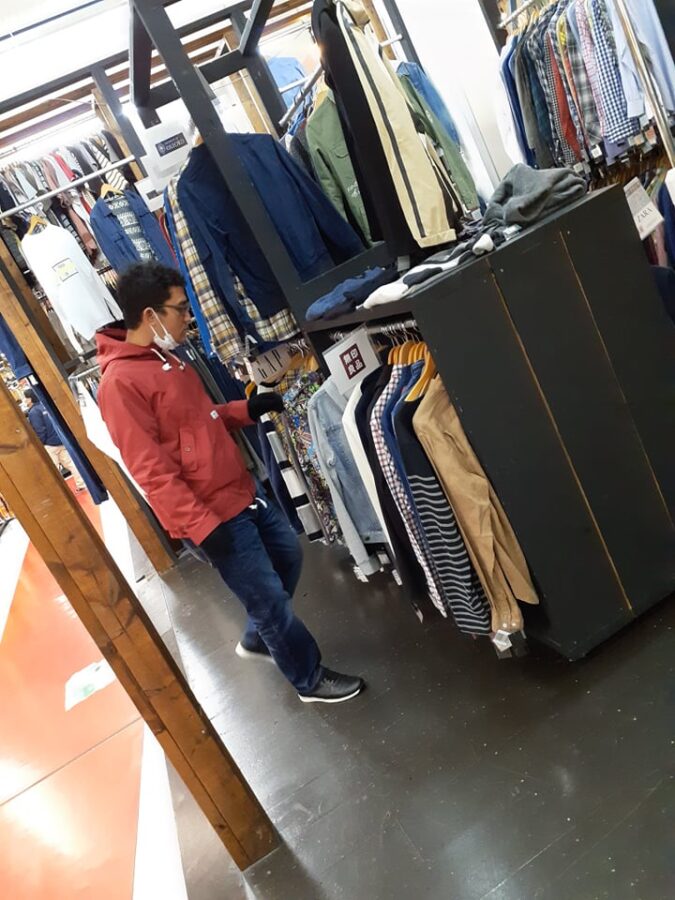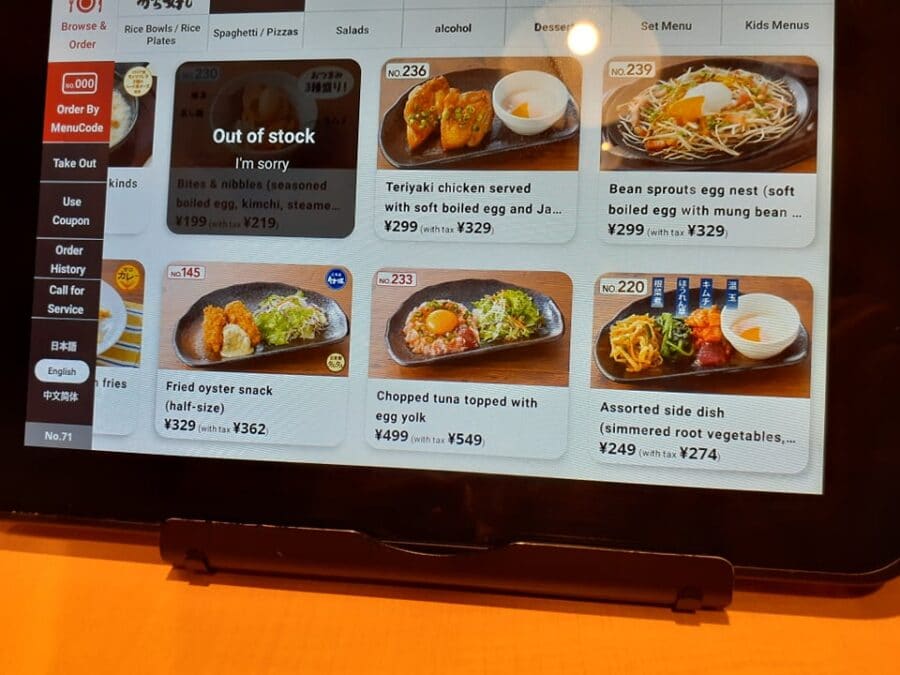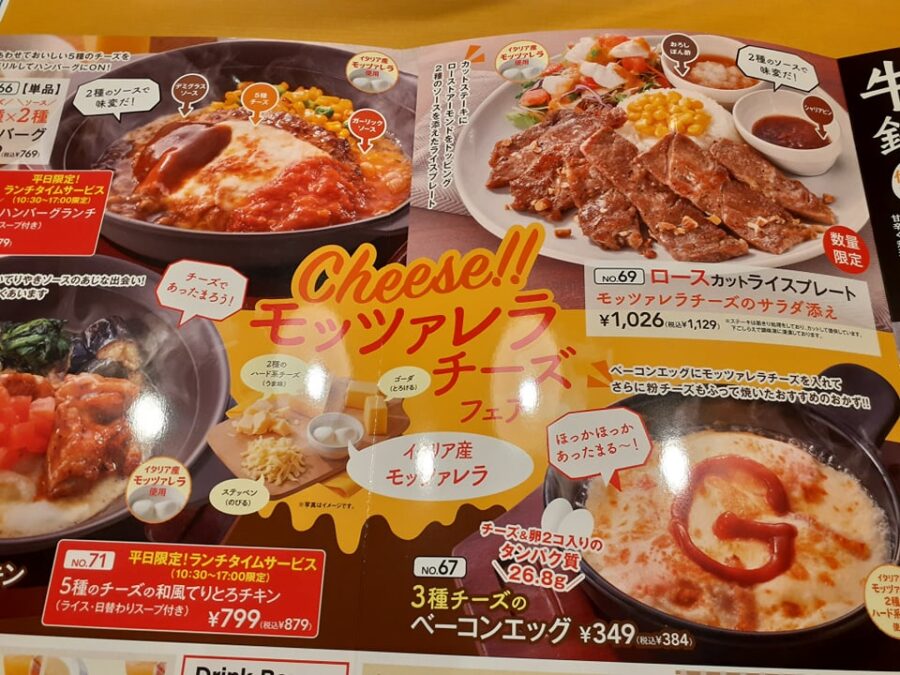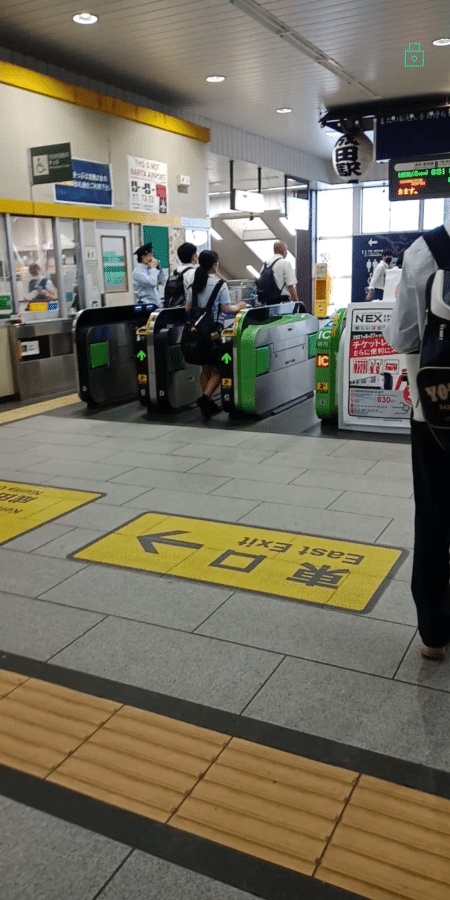Some students studied Japanese for several years before coming to Japan, some have only studied it for a few months, and some have not studied Japanese at all. This article is for all students who wonder what it is like spending the first couple of weeks in Japan without knowing much (or any) Japanese.
You most probably will not encounter any trouble at the airport or at the hotel (in case you have to self-isolate after arriving in Japan), as most staff will be able to speak English and most documents that you have to care of at that point will be written in English as well.
Arriving at the campus, you will meet your supervisor and other people from the same laboratory or department. Not everyone in your laboratory or department will be able to speak English, so it would be good to practice introducing oneself (name and country) in Japanese before meeting everyone for the first time: Hajimemashite, Watashi wa ‘name’, ‘your country’ kara kimashita. Yoroshiku onegahimasu. (Hello, my name is ‘…….’, I come from ‘……’. Nice to meet you).
You will interact with your Japanese lab mates or Japanese students studying under your professor on a daily basis, however, sometimes it might be difficult to communicate with them. But don’t worry too much, just keep trying to follow their conversations and try to understand a word or two and most importantly, continue to show curiosity and learn Japanese. Also, if you want to know what something means, don’t hesitate to ask, because Japanese students are very friendly and will try to explain everything in English.
If you do this every day your Japanese will improve in no time and you will also make friends in your department quickly. Also don’t be afraid to ask your Japanese friends for the correct pronunciation of certain words, as they will be happy to help. This way will your Japanese conversation skills will improve a little every day.
Shopping
Shopping can be quite tricky, because almost all necessities will have their descriptions written in Japanese, be it food, household necessities and clothes. All prices are written in full along with the tax, but the product name, composition, and use are all written in Japanese. I would highly recommend that you install the Google Translate app on your cellphone, because you can just scan the text that you want to translate will your phone and everything will be explained in a simple and easy to understand manner. In case there are items that you can not find in the shop that you visit, you can ask the staff, but this of course has to be done in Japanese.
Just tell them the name of the item that you are looking for (check with Google Translate to see if the English name differs from the Japanese one) and the staff will show you where you can find it. If they don’t have what you are looking for in the shop, they will say “no” in Japanese (Nai), and shake their head. Don’t forget to say thank you (Arigatougozaimasu). Every time you go shopping, when you pay at the cash register, the cashier will ask whether you want to use a plastic bag or not (fukuro/rejibukuro/kaimonobukuro), whether we have a shopping card or not, all in Japanese. After a few months in Japan you will get used to it, and will learn to answer in Japanese.

Restaurants and Public Transportation
One way to enjoy Japan is through its food. Many Japanese restaurants serve delicious and healthy food. In Japan, there are also many cafes that serve food that is common in many countries The menus are written in Japanese in all Japanese restaurants, but the prices usually easy to understand. Many restaurants provide menus with pictures, but you can always rely on Google Translate to understand what’s written in menus without pictures. Some restaurants and cafes use iPads instead of regular menus and the language can be set to English or other languages.


Public transportation in Japan is famous for always being on time. All tickets for busses, trains and airplanes for long-distance transportation between prefectures can be bought in English. However, as for local transportation (busses and trains), the schedules are not all written in English. There is always staff available at every train station in Japan, so asking the staff for direction of schedules using Google Translate is always an option.

Important Affairs
As for visits at your local city hall, insurance, pensions, travel tickets, online shopping, cellphones, buying laptops or other expensive things, I would recommend that you ask a Japanese friend, who is also fluent in English for help. Who can speak English fluently. They will be happy to take their time and will be happy to help you out.
Arief Anthonius Purnama. Research Student in Shimane University.

